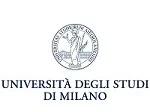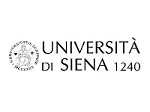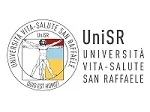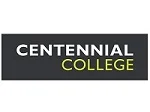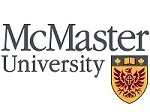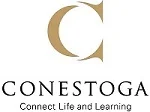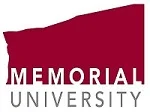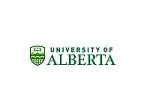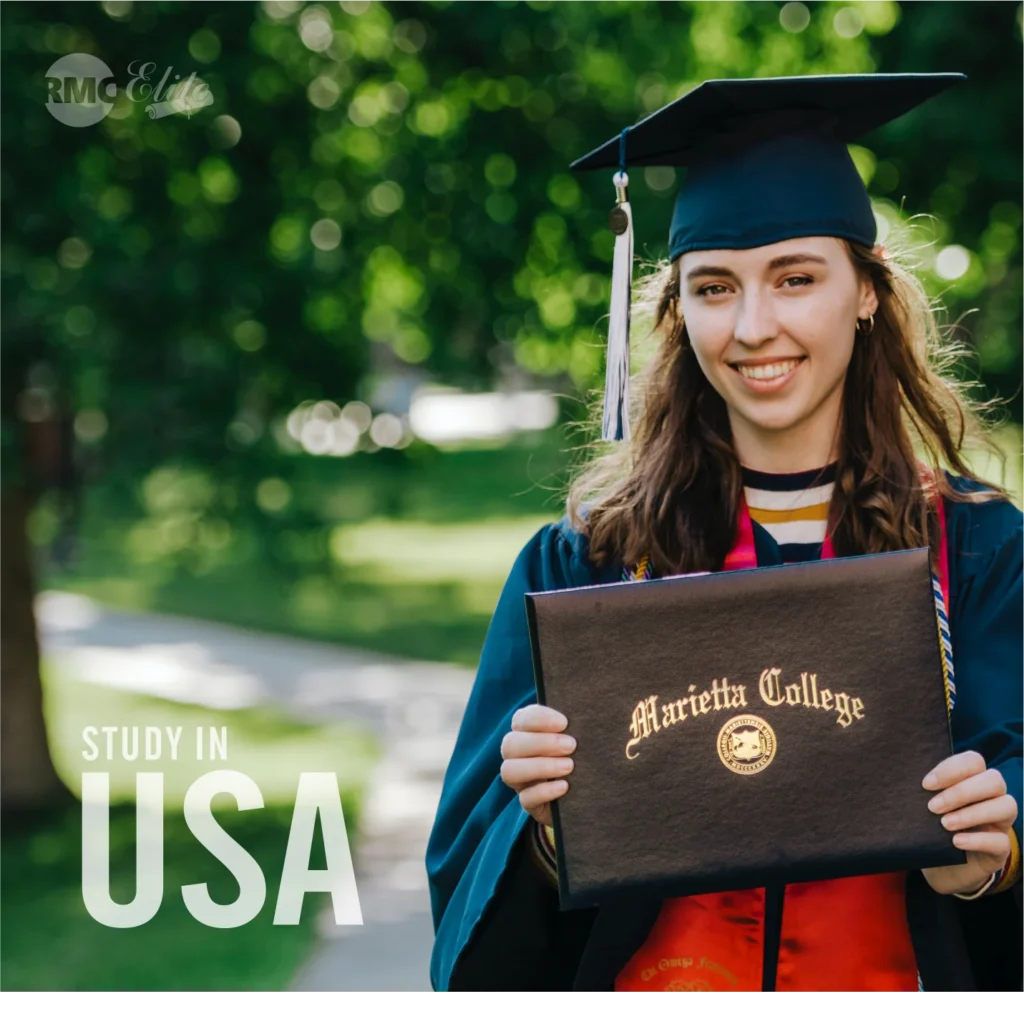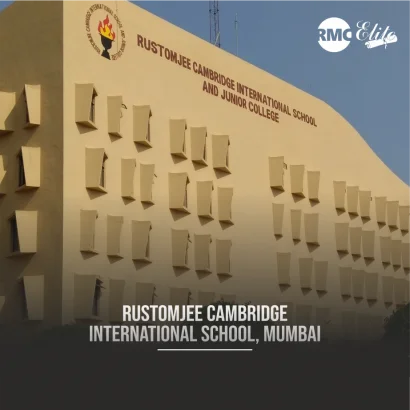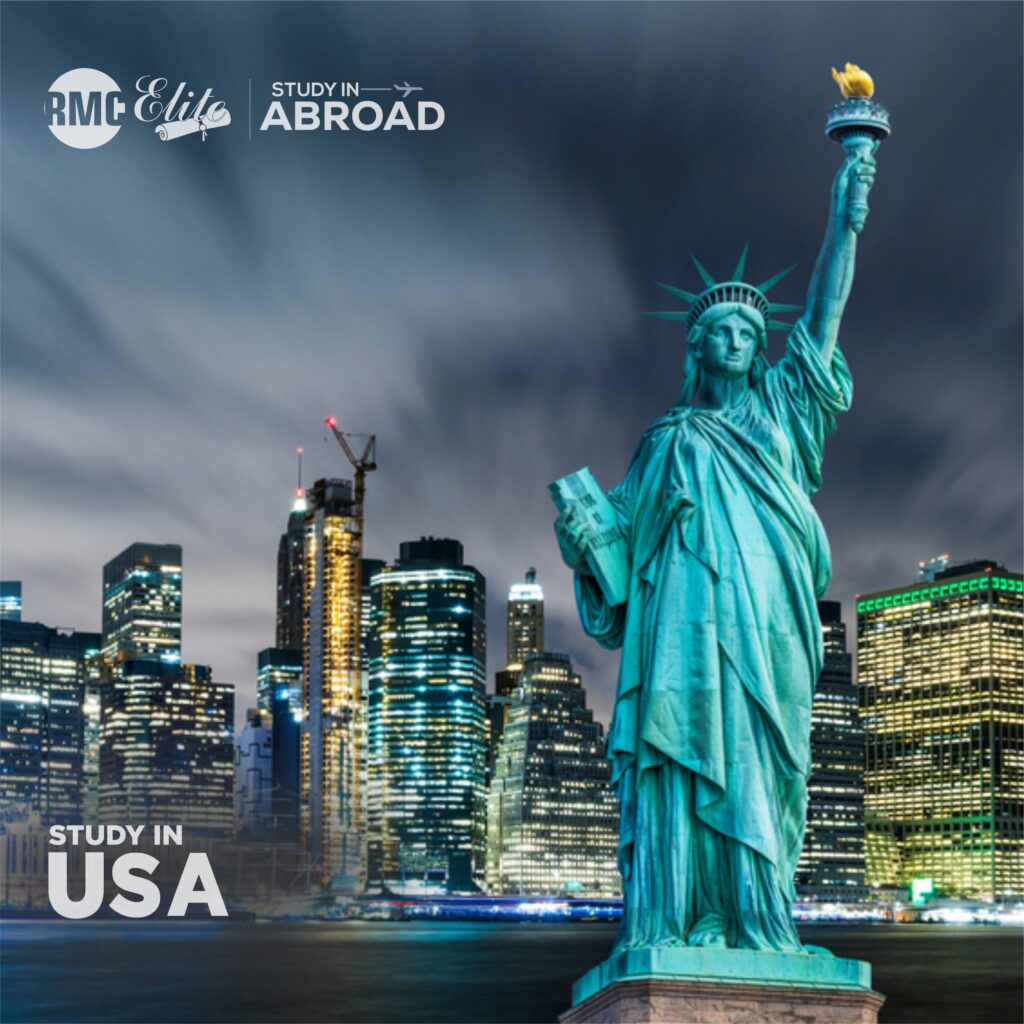
About USA
Studying in the United States is a popular choice for students from around the world, due to its reputation for academic excellence, diverse student population, and cultural opportunities. The United States has over 4,000 colleges and universities, ranging from large research universities to small liberal arts colleges.
To study in the USA, international students typically need to obtain a student visa and apply to a college or university that is authorized to enrol international students. The application process usually involves submitting transcripts, standardized test scores, essays, and letters of recommendation.
The cost of studying in the USA can vary greatly depending on the school and program, but it is generally more expensive for international students than for domestic students. However, many colleges and universities offer financial aid and scholarships to help offset the cost.
Once enrolled, international students must comply with certain regulations, such as maintaining a full course load and reporting any changes to their address or academic program. They may also have the opportunity to participate in cultural events and activities on campus and in the surrounding community.
Overall, studying in the USA can be a rewarding experience that provides students with a high-quality education and exposure to diverse cultures and perspectives.
Brief Overview of Studying in USA as an Indian Student
As an Indian student, studying in the USA can be a great opportunity to receive a world-class education and gain exposure to diverse perspectives and cultures.
To study in the USA, Indian students typically need to obtain a student visa and apply to a college or university that is authorized to enrol international students. The application process usually involves submitting transcripts, standardized test scores (such as the SAT or ACT), essays, and letters of recommendation.
The cost of studying in the USA can be higher for international students than for domestic students, but there are financial aid and scholarship opportunities available. Indian students may also be eligible for scholarships specifically for international students or for students from their home country.
In addition to academic studies, Indian students in the USA may have the opportunity to participate in cultural events and activities on campus and in the surrounding community. Many universities have active Indian student associations and cultural clubs that organize events and celebrations of Indian culture.
It is important for Indian students to be aware of certain regulations and cultural differences when studying in the USA, such as differences in academic expectations and social norms. However, with proper preparation and a willingness to adapt, studying in the USA can be a valuable and rewarding experience for Indian students.
Importance of Study in USA
- The USA is home to many top-ranked universities and colleges, offering world-class academic programs and research opportunities.
- Studying in the USA can provide international students with a competitive edge in the global job market, as US degrees are often highly respected and recognized worldwide.
- The USA has a diverse student population, providing opportunities to learn from and interact with people from all over the world and gain valuable cross-cultural skills and experiences.
- Many universities and colleges in the USA offer state-of-the-art facilities, resources, and technology to support academic and personal growth.
- The USA offers a wide range of academic disciplines and specializations, providing opportunities for students to pursue their passions and interests.
- Studying in the USA can offer opportunities to participate in internships, research projects, and other hands-on experiences that can help prepare students for future careers.
- Many universities and colleges in the USA offer comprehensive support services for international students, including language programs, cultural activities, and academic advising.
- Studying in the USA can provide opportunities for personal growth and development, including increased independence, self-confidence, and cross-cultural understanding.
Benefits of Study in USA
- Access to high-quality academic programs : The USA is home to many top-ranked universities and colleges, offering world-class academic programs and research opportunities. Studying in the USA can provide access to high-quality education and training, which can be highly valued by employers around the world.
- Cultural immersion and diversity : Studying in the USA provides an opportunity to interact with people from diverse cultures and backgrounds, allowing students to gain valuable cross-cultural skills and experiences. Exposure to different ideas, perspectives, and customs can help broaden students' horizons and deepen their understanding of the world.
- Professional and career development : Many universities and colleges in the USA offer comprehensive career services, internships, and other opportunities for professional development. These experiences can help students gain practical skills, build their resumes, and make valuable connections with employers and mentors.
- Language development : Studying in the USA can provide an opportunity to improve English language skills, which can be highly valued in many fields and industries around the world. Many universities and colleges offer language support services, as well as opportunities to practice and improve language skills in everyday settings.
- Personal growth and development : Studying in the USA can be a transformative experience that allows students to gain independence, self-confidence, and resilience. Students may be exposed to new ideas and perspectives, learn to adapt to new situations, and develop a sense of purpose and direction for their future careers and personal lives.
The education system in the USA
- Early Childhood Education : This typically includes pre-kindergarten programs for children aged 3-5 years. It is not mandatory but often provides a foundation for learning.
- K-12 Education : This refers to the compulsory education system for children between the ages of 5-18 years. It includes elementary school (grades K-5 or 6), middle school (grades 6-8), and high school (grades 9-12). Students generally move up a grade each year, and in high school, they may have the option to take advanced courses or pursue vocational training.
- Higher Education : After high school, students can pursue higher education in the form of undergraduate (bachelor's) and graduate (master's and doctoral) degree programs at colleges and universities. There are over 4,000 degree-granting institutions in the USA, ranging from small liberal arts colleges to large research universities.
Overall, the education system in the USA is highly respected and sought after by students from around the world for its academic rigor, diverse student population, and emphasis on experiential learning. However, it can also be expensive, and access to quality education can be uneven across different regions and socioeconomic backgrounds.
Quality of Education in USA
The quality of education in the USA is generally considered to be high, with many universities and colleges consistently ranking among the top institutions in the world. The USA is home to many world-renowned universities such as Harvard, Stanford, and MIT, to name a few. Here are some reasons why the education system in the USA is often regarded as high quality:
- Academic Excellence : US universities and colleges are known for their rigorous academic standards and challenging coursework. They have excellent faculty members who are experts in their fields and often conduct ground-breaking research.
- Innovative Teaching Methods : US universities and colleges are known for their innovative teaching methods, such as experiential learning, internships, and research opportunities. These methods help students develop practical skills and prepare them for the workforce.
- Diverse Student Population : The USA has a diverse student population, with students coming from all over the world to study in the USA. This creates a unique learning environment where students can learn from different cultures and perspectives.
- State-of-the-art Facilities : US universities and colleges have state-of-the-art facilities, such as well-equipped libraries, research labs, and classrooms with advanced technology. These facilities help students to engage in hands-on learning and research.
- Strong Alumni Networks : Many US universities and colleges have strong alumni networks, which can provide students with valuable connections and job opportunities after graduation.
It is worth noting that the quality of education can vary across different institutions and programs in the USA.
Therefore, it is important for students to research and choose an institution that aligns with their academic and career goals.
Career opportunities in USA
The USA is known for its wide range of career opportunities, with many industries offering lucrative careers and job prospects. Here are some of the top industries for career opportunities in the USA:
- Technology : The technology industry is booming in the USA, with companies such as Apple, Google, and Facebook leading the way. There are many job opportunities in software engineering, data analysis, cybersecurity, and artificial intelligence.
- Healthcare : The healthcare industry is also growing in the USA, with an aging population and increased demand for healthcare services. There are many job opportunities in nursing, healthcare administration, medical research, and healthcare technology.
- Finance : The finance industry is a major contributor to the US economy, with many opportunities in banking, investment management, financial analysis, and accounting.
- Education : The education industry is a significant employer in the USA, with opportunities in teaching, administration, and research at all levels from kindergarten to higher education.
- Creative Industries : The USA is home to a thriving entertainment industry, including film, television, music, and gaming. There are many opportunities in creative fields such as acting, directing, screenwriting, and video game design.
- Professional Services : Professional services such as legal, consulting, and engineering firms offer high-paying career opportunities for those with the necessary skills and qualifications.
Cultural Exposure in USA
The USA is a culturally diverse country with a rich history and many different ethnic and cultural groups. Studying in the USA can provide students with a unique opportunity to experience this diversity and gain exposure to different cultures. Here are some ways in which studying in the USA can offer cultural exposure:
- Multicultural Campus Environment : US universities and colleges often have a diverse student population, with students from many different backgrounds and cultures. This can create a rich campus environment where students can learn from each other and gain exposure to different cultures.
- Cultural Events : US universities and colleges often host cultural events and festivals, such as Diwali, Chinese New Year, and Hispanic Heritage Month, to celebrate and raise awareness of different cultures.
- Study Abroad Programs : Many US universities and colleges offer study abroad programs, where students can study in a different country and gain exposure to different cultures.
- Local Community Engagement : Students can also engage with the local community and participate in cultural events and festivals outside of their university or college.
Eligibility and Admission Requirements for Indian Students in USA
The eligibility and admission requirements for Indian students in the USA can vary depending on the institution and program of study. However, there are some general requirements that most universities and colleges in the USA will expect international students to meet. Here are some of the eligibility and admission requirements for Indian students.
Academic Requirements to Study in USA for Indian Students
- Secondary Education : Indian students must have completed secondary education equivalent to a US high school diploma. This typically involves completing 12 years of education and obtaining a secondary school leaving certificate.
- Bachelor's Degree : For graduate-level study in the USA, Indian students must have completed a bachelor's degree or an equivalent degree program. The degree program must be from a recognized institution and meet the requirements of the US university or college they are applying to.
- Standardized Tests : Indian students may be required to take standardized tests such as the SAT or ACT for undergraduate admissions or the GRE or GMAT for graduate-level admissions. Some universities may have additional program-specific requirements.
English language Proficiency requirements
Indian students whose native language is not English must demonstrate English language proficiency by taking an English language proficiency exam such as TOEFL or IELTS. Some universities may also accept other English language proficiency tests.
Application Process And Visa Requirements in USA
The application process and deadlines for studying in the USA can vary depending on the institution and program of study. However, here is a general overview of the application process and deadlines for Indian students:
- Research : Indian students should research the universities and colleges they are interested in and identify the programs that meet their academic and personal goals.
- Standardized Tests : Indian students should take the required standardized tests, such as the SAT, ACT, GRE, or GMAT, as early as possible to meet the application deadlines.
- English Language Proficiency : Indian students should take an English language proficiency exam, such as TOEFL or IELTS, if required by the institution.
- Application Materials : Indian students should complete and submit the online application form, which includes personal information, academic qualifications, test scores, and essays. They should also submit official transcripts, recommendation letters, and any additional required documents.
- Application Fees : Indian students should pay the application fees, which can range from $50 to $100 or more depending on the institution.
- Visa Process : Once accepted, Indian students must apply for a student visa to study in the USA. This process can take several weeks to several months, so students should plan accordingly.
Top universities for Indian students in the USA
| Rank | University | Location |
| 1 | Massachusetts Institute of Technology | Cambridge, MA |
| 2 | Stanford University | Stanford, CA |
| 3 | Harvard University | Cambridge, MA |
| 4 | California Institute of Technology | Pasadena, CA |
| 5 | University of Chicago | Chicago, IL |
| 6 | Princeton University | Princeton, NJ |
| 7 | Yale University | New Haven, CT |
| 8 | Columbia University | New York, NY |
| 9 | Duke University | Durham, NC |
| 10 | Johns Hopkins University | Baltimore, MD |
| 11 | University of Pennsylvania | Philadelphia, PA |
Campus Life and Facilities in USA
Campus life and facilities in the USA vary from college to college, but generally, most universities offer a wide range of activities and amenities for students. Here are some common aspects of campus life and facilities in the USA:
- Housing : Most universities offer on-campus housing options for students, including dormitories, apartments, and townhouses. Many universities also have dining halls, cafes, and convenience stores on campus.
- Athletics : The USA is known for its college sports culture, and many universities have state-of-the-art athletic facilities, including gyms, swimming pools, tennis courts, and sports fields. Students can participate in intramural and club sports, as well as attend varsity games.
- Clubs and organizations : Universities have a wide range of clubs and organizations for students to get involved in, from academic clubs to cultural organizations, to special interest groups. These clubs offer opportunities for students to connect with like-minded individuals, pursue their interests, and gain leadership experience.
- Health and wellness : Many universities have health and wellness centres on campus, where students can access medical and mental health services. Some universities also have fitness centres, yoga studios, and meditation rooms.
- Campus events : Universities host a variety of events throughout the year, including concerts, guest lectures, film screenings, and cultural festivals. These events offer opportunities for students to engage with their peers and learn about new topics and cultures.
- Technology : Most universities have computer labs, high-speed internet access, and other technology resources available to students. Many universities also offer online learning platforms and virtual libraries.
Best Course to Study in USA For Indian Students
Choosing the best course of study in the USA depends on many factors, including your personal interests, career goals, academic background, and financial resources. Here are some popular courses of study that might be worth considering:
- Business Administration : This is a versatile degree that can lead to a career in a variety of fields, including finance, marketing, human resources, and management. Many universities offer MBA programs that allow students to specialize in a particular area of business.
- Computer Science : With the increasing reliance on technology, computer science is becoming an increasingly in-demand field. Students can pursue a variety of career paths, including software engineering, artificial intelligence, and cybersecurity.
- Engineering : There are many different types of engineering degrees, including electrical, mechanical, civil, and chemical engineering. These degrees can lead to careers in a wide range of industries, including aerospace, energy, and manufacturing.
- Health Sciences : This field includes degrees in nursing, medicine, public health, and other healthcare-related disciplines. There is a growing demand for healthcare professionals in the US, making this a potentially lucrative career path.
- Education : If you are interested in pursuing a career in teaching, a degree in education can prepare you for a variety of roles, including classroom teaching, educational administration, and curriculum development.
Financial Aid and Scholarships for Indian Student in USA
Types of Financial Aid Available
- Scholarships : Scholarships are usually merit-based or need-based awards that do not have to be repaid. Scholarships can come from a variety of sources, including colleges and universities, private organizations, and foundations.
- Grants : Grants are typically need-based awards that do not have to be repaid. The most common type of grant is the Federal Pell Grant, which is awarded based on financial need. Indian students may also be eligible for other types of grants from colleges and universities, as well as private organizations.
- Work-Study : Work-study programs allow students to earn money through part-time employment while they attend school. Work-study jobs are usually on-campus, and the income is used to help cover educational expenses. Indian students who are eligible for work-study programs can apply for these positions through their university.
- Loans : Student loans are funds borrowed by students to pay for educational expenses. Loans can come from the federal government or private lenders. Indian students who are U.S. citizens or permanent residents may be eligible for federal loans, while private loans are available to both U.S. and international students.
- Indian-specific loans : Some banks in India offer education loans specifically for Indian students who wish to study abroad, including in the USA. These loans usually have favourable interest rates and repayment terms, and may be used to cover tuition fees, living expenses, and other educational costs.
Scholarships for Indian Students in USA
- Fulbright-Nehru Scholarship : This scholarship is awarded to Indian students who wish to pursue a Master's degree or PhD in the USA. It covers tuition fees, living expenses, airfare, and health insurance.
- Tata Scholarship : This scholarship is awarded to Indian students who have been admitted to Cornell University and have demonstrated financial need. It covers tuition fees, living expenses, and airfare.
- Rotary Peace Fellowship : This fellowship is awarded to individuals who wish to pursue a Master's degree in fields related to peace and conflict resolution. It covers tuition fees, living expenses, and airfare.
- The Aga Khan Foundation International Scholarship Programme : This scholarship is available to students from developing countries, including India, who wish to pursue postgraduate studies at a reputable university in the USA. It covers tuition fees, living expenses, and airfare.
- Global Excellence Scholarship : This scholarship is available to international students who have been admitted to the University of Minnesota. It covers tuition fees, and the amount varies depending on the program.
- Private Scholarships : There are many private organizations and foundations that offer scholarships to international students, including Indian students. Some examples include the Coca-Cola Scholars Foundation, the Google Anita Borg Memorial Scholarship, and the UNCF-Merck Science Initiative.
Living in USA as an Indian Student
Accommodation Options For Indian Students in the USA
- On-campus housing : Dormitories, apartments, and townhouses offered by universities.
- Off-campus housing: Apartments, townhouses, and shared houses outside the campus.
- Homestay : Living with a local family in their home.
- Hostels : Budget-friendly dormitory-style or private rooms.
- Short-term rentals : Temporary accommodation through services like Airbnb while searching for more permanent housing.
Cost of Living
- Cost of Living : the cost of living can range from $10,000 to $20,000 per year, depending on the location and lifestyle. Some of the major expenses include accommodation, food, transportation, health insurance, and miscellaneous expenses.
- Food and Drink Options : The USA offers a wide variety of food and drink options, ranging from fast food chains to high-end restaurants. Here are some options for students:
- On-campus dining halls : Many universities offer on-campus dining halls, which provide students with a range of meal options at a discounted price. The cost can range from $5 to $15 per meal.
- Fast food chains : Fast food chains such as McDonald's, Burger King, and Subway offer affordable meal options for around $5 to $10.
- Groceries : Students can buy groceries from supermarkets such as Walmart, Target, and Kroger. The cost can range from $50 to $100 per week, depending on the type of food and the location.
- Ethnic food stores : There are many ethnic food stores in the USA that offer food items specific to various countries, including Indian grocery stores. These stores can offer affordable options for students looking for ethnic food.
- Restaurants : Dining out at restaurants can be expensive, but there are options available for students on a budget. Many restaurants offer lunch specials and happy hour deals, which can provide affordable options for students.
Visa, Transportation and Travel Options
- Visa : Indian students require a student visa to study in the USA. The visa application process involves filling out an online application, scheduling an interview at a US embassy or consulate in India, and providing documentation such as proof of acceptance to a US university, financial support, and a valid passport.
- Transportation : Transportation options for students include public transportation such as buses and trains, ride-sharing services such as Uber and Lyft, and owning a car. Public transportation passes can be purchased on a monthly or annual basis and owning a car involves purchasing insurance and maintaining the vehicle.
- Travel : Students can travel within the USA using domestic flights, trains, buses, and rental cars. There are several discount airlines that offer affordable domestic flights. Students can also explore different parts of the country during school breaks or holidays.
Working While Studying in USA
International students in the USA are allowed to work on-campus part-time, up to 20 hours per week, while school is in session and full-time during breaks. Additionally, students can work off-campus if they qualify for one of the following categories:
- Curricular Practical Training (CPT) : CPT is a temporary employment authorization for students to gain practical work experience in their field of study. The employment must be part of the student's curriculum, and they must have been enrolled in a degree program for at least one academic year to qualify.
- Optional Practical Training (OPT) : OPT is a temporary employment authorization for students to gain work experience in their field of study after completing their degree. Students can apply for up to 12 months of OPT, and STEM degree holders can apply for an additional 24 months.
- On-campus employment : International students can work on-campus for up to 20 hours per week while school is in session and full-time during breaks.
Employment and Job Opportunities After Graduation
In the USA, the job market is diverse and offers a wide range of opportunities for graduates in various fields. Some of the popular career options for graduates include technology, healthcare, finance, education, and marketing. The job search process can vary depending on the industry and position, but common resources include online job boards, company career pages, and networking events. It is important for graduates to tailor their resumes and cover letters to the specific job they are applying for and to showcase their relevant skills and experiences. Additionally, internships and volunteer work can provide valuable experience and help graduates stand out to potential employers. Salaries can vary greatly depending on the industry, location, and experience level. It is important for graduates to research average salaries for their desired career path and negotiate for fair compensation during the hiring process.
Post-study Work Visa
- In the United States, there isn't a specific post-study work visa designed exclusively for Indian students.
- Eligible graduates have the option to apply for Optional Practical Training (OPT), which permits them to work in their field of study for up to 12 months following graduation.
- Graduates with STEM (Science, Technology, Engineering, and Mathematics) degrees have the additional benefit of being able to apply for a 24-month extension of their OPT, extending the total work period to 36 months.
- To qualify for OPT, Indian students must have completed a degree program at an accredited U.S. institution and should apply within 60 days of graduation.
- They must also secure a job offer related to their field of study and apply for an Employment Authorization Document (EAD) from the U.S. Citizenship and Immigration Services (USCIS).
- It's crucial for Indian students to stay informed about any changes in immigration policies and regulations that may impact their OPT eligibility or other visa programs.
Job Market in USA for Indian Students
The job market in the United States offers many opportunities for Indian students, particularly in fields such as technology, healthcare, finance, and engineering. These industries have a high demand for skilled workers and often offer competitive salaries.
However, competition can be fierce in some fields, and it can be challenging for international students to secure employment due to visa restrictions and other factors. It is important for Indian students to network with professionals in their industry, gain relevant work experience through internships or co-op programs, and develop strong communication and interpersonal skills.
Some employers may have a preference for hiring U.S. citizens or permanent residents, but many companies value diversity and the unique perspectives that international students can bring to the workplace. Indian students can enhance their job prospects by showcasing their relevant skills, experiences, and cultural competence during the application process.
Tips for Finding Employment after Graduation
- Stay up-to-date with visa regulations : Understand the visa options available to you and stay informed of any changes in regulations that may impact your eligibility to work in the USA.
- Network with professionals : Attend career fairs, industry events, and join professional networking groups to connect with professionals in your field. Building relationships can lead to potential job opportunities and valuable career advice.
- Build relevant skills and experiences : Gain relevant work experience through internships, co-op programs, or volunteering. This can demonstrate your skills and show your commitment to your field of interest.
- Tailor your resume and cover letter : Customize your job application materials to each job posting, highlighting your relevant skills and experiences. Research the company and position to show your interest and fit for the role.
- Follow up on job applications : Send a polite email or make a phone call to follow up on your job application after submitting it. This shows your interest in the position and can help keep you top of mind for the employer.
- Seek guidance from career services : Your university's career services office can provide valuable resources and guidance on finding job opportunities, preparing job application materials, and navigating the job search process in the USA.
Admission Process to Study In USA For Indian Students
The admission process to study in USA for Indian students can vary depending on the institution and program they are applying to. However, here are some general steps:
- Research : Students should research the institutions and programs that they are interested in and make sure they meet the academic requirements and English language proficiency requirements.
- Application : Students can typically apply online through the institution’s website or through a centralized application portal such as the USA Government’s Study in USA website. The application may require students to provide personal information, academic transcripts, English language test scores, and a statement of purpose.
- Supporting Documents : Students must also submit supporting documents such as a passport, proof of English language proficiency, and financial documents.
- Application Fee : Some institutions may require an application fee, which varies depending on the institution and program.
- Assessment :The institution will assess the application and may request additional information or an interview.
- Offer of Admission: If the application is successful, the institution will provide the student with an offer of admission.
- Acceptance : The student must accept the offer of admission and pay any required fees.
- Visa Application : Once the student has accepted the offer of admission, they can apply for a student visa.
Why Take Admission Through RMC Elite Consultancy?
RMC Elite Consultancy can provide a range of services to students who are looking to study in the USA, including:
- Assistance with university selection: RMC Elite Consultancy can help students research and identify universities that match their academic interests, budget, and other criteria.
- Guidance on application requirements: RMC Elite Consultancy can assist students in understanding the application requirements for each university, including standardized tests, essays, and letters of recommendation.
- Support with visa applications: RMC Elite Consultancy can provide guidance on the visa application process, including required documentation and procedures.
- Pre-departure orientation: RMC Elite Consultancy can provide orientation sessions to students on the cultural differences they may encounter, and help them prepare for their arrival in the USA.
- Ongoing support: RMC Elite Consultancy can provide ongoing support to students throughout their academic journey in the USA, including assistance with academic and personal challenges.
Working with an education consultancy like RMC Elite Consultancy can provide valuable support and guidance to students who are interested in studying in the USA, making the application process smoother and more efficient.

